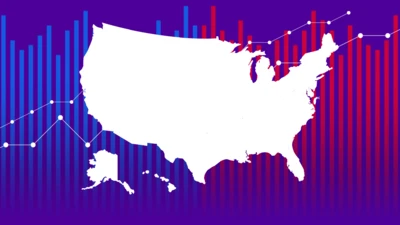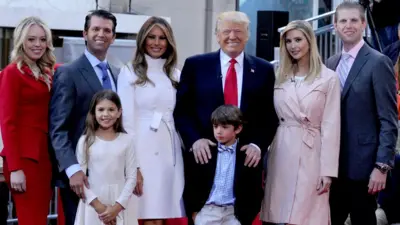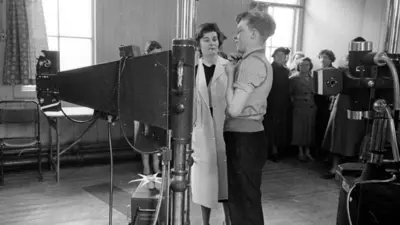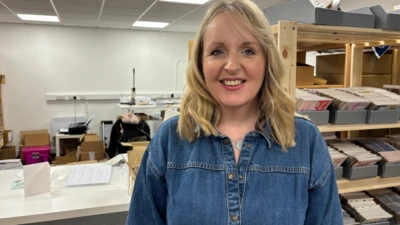We've updated our Privacy and Cookies Policy
We've made some important changes to our Privacy and Cookies Policy and we want you to know what this means for you and your data.
The NHS: What we weren't told during the election
- Author, Nick Triggle
- Role, Health correspondent
The NHS was one of the major topics of the election campaign. Politicians were falling over themselves to talk about it and promise more.
More money, more nurses and more doctors. And if that wasn't enough, the Conservatives were pledging more opening: they plan to ensure the NHS becomes a seven-day service.
But despite all this talk, there was also a lot that wasn't mentioned too.
The state of social care was perhaps one of the most obvious issues. Councils and those working with elderly people have long been arguing that the cuts to local government have meant that essential services, like help in the home, that keep people living independently, are being squeezed.
Extra money
But while the Tories, Labour and Liberal Democrats all committed to extra money for the NHS, there was little in the way of guarantees for social care despite the close relationship between the two.
The other thing that seems to have been forgotten by the politicians is that the need for extra money was just one part of the jigsaw.
The promises were made after what some would say was an astute bit of political pressure by NHS England boss Simon Stevens last autumn.
He published a five-year vision for the health service in which he said an extra ÂŁ8bn would be needed in real terms by 2020.
However it wasn't a something-for-nothing deal. In return, he said the NHS would have to make ÂŁ22bn of savings.
But where was the vision for this during the election? Did anyone spell out what they were going to stop, ration or restrict? You will be hard-pressed to find information about any of that even given the acres of coverage the 2015 election generated.
More than one person has told me this is on a par with the lack of detail about the ÂŁ12bn of welfare cuts the Tories were heavily criticised for during the campaign.
But it wasn't just the long-term picture that remained a little hazy, there was also radio silence on a more pressing immediate issue - hospital deficits. At least until Mr Stevens's predecessor, Sir David Nicholson, gave an interview to the 91ČČąŹ, suggesting politicians needed to be more honest.
He predicted that hospitals and other trusts will have run up a deficit of ÂŁ1bn during the last financial year.
In an article this week for the , Chris Hopson, head of NHS Providers, which represents health trusts, predicted keeping control of the finances will become one of the dominant themes of the next few years.
It is this pressure on the books that is leading many parts of the NHS to start thinking about scaling back.
When asked how many more staff they would need over the next five years, a significant number of trusts told Health Education England last year that they wanted fewer.
And this brings us nicely on to the next point: the workforce. There was a lot of talk about extra staff. GPs, nurses and midwives, but this ignores the fact that it takes years - 10 for a GP - to get them trained.
Royal College of Nursing head of policy Howard Catton believes it could prove "very tricky" to increase numbers on the scale that is needed. "There is simply no quick fix," he says.
Taken together, these three issues - working together with social care, money and staffing - present a major obstacle. One of which Health Secretary Jeremy Hunt, who has, after all, already spent three years in the job, is well aware.
Normally this would lead to an election campaign that was dominated by politicians setting out how they would overhaul the NHS - and a new government now eager to get on with it.
But, of course, reorganisations have become a dirty word following the controversial reforms Andrew Lansley introduced during his time as health secretary.
And this is, perhaps, the biggest unspoken truth. If the NHS is going to remain sustainable, it will probably have to undergo the most significant transformation in its history. It's just that the politicians haven't and won't be selling it as such.
Top Stories
More to explore
Most read
Content is not available








